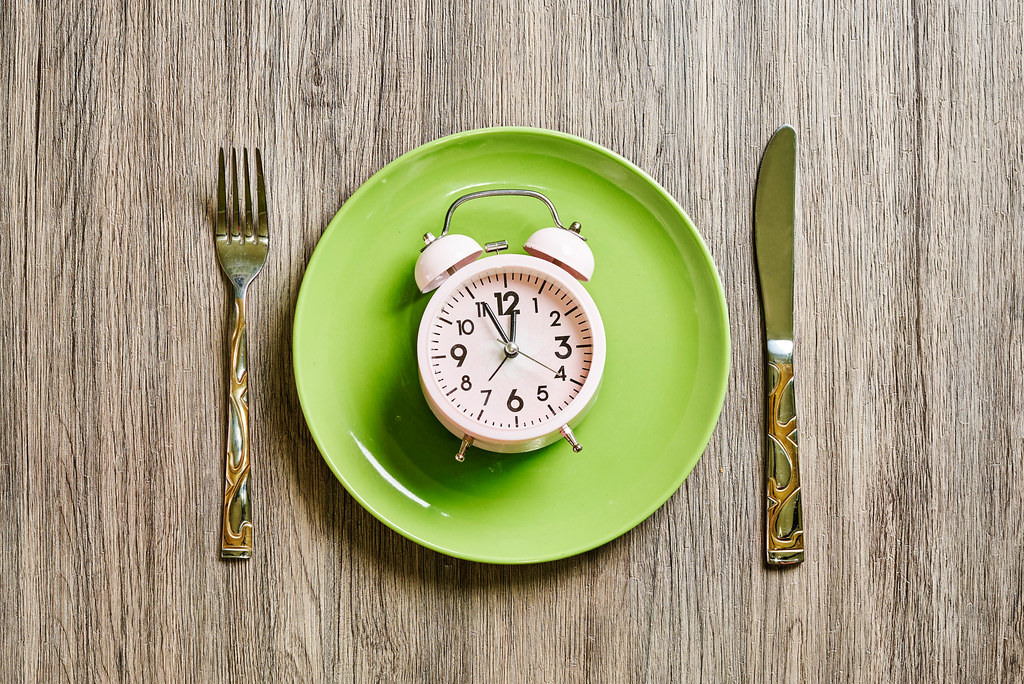Meals to Fuel Every Hour: Timing the Diet Food Plan
Everyone knows that the key to successful dieting is to ensure that you are eating the right food regularly. But how do you time your diet plan so that you feel fuller for longer and get all the nutrition you need? In this article, we are discussing the importance of timing your meals throughout the day in order to maintain a balanced diet plan that will fuel your body for every hour. Learn how to get the most out of your diet and fuel your body with the right food for every hour.
1. Eating Right in the Right Time: Fueling all 24 Hours
We all have our different eating habits, but it’s always important to remember that we must feed our body in order to function efficiently throughout all 24 hours of the day. Whether it’s having a healthy breakfast to kickstart your morning, or late night snacks to recharge throughout the night, below are the key areas of focus when it comes to fueling your body all day:
- Breakfast: Eating a good breakfast is important for providing your body with the nutrients it needs, and kickstarting your metabolism for the day ahead. Include lots of protein, wholegrains, fibre and essential vitamins in your breakfast spread.
- Lunch: Aim to eat lunch at a consistent time each day, and also include high protein, low fat foods for your afternoon snacks. Try to focus on whole foods over processed, also, don’t skip your lunch as it helps to maintain stable blood sugar levels.
- Dinner: Eating a good dinner gives your body enough energy to help fight against any late night sugar cravings. Make sure to include plenty of vegetables, fibre and healthy fats for a balanced meal.
- Before Bed: Many people are tempted to have high-sugar nighttime snacks, however, this isn’t always the best idea. Try opting for a light snack of some herbal tea, protein bars or a healthy snack. This will give your body enough sustenance until you wake up.
Essentially, you should fuel your body according to its needs throughout the day. Making sure you eat consistently every few hours will help to keep your energy levels stable, and also make it easier to prevent sugar cravings taking over.

2. The Science Behind Meal Timing for Optimal Nutrition
When it comes to nutrition, it’s not as simple as just what we eat but rather, when we eat. Meal timing is key to optimizing your nutrition and maximizing your health benefits. Here, we explain the science behind meal timing:
- Hormone balancing: For optimal health, we need to balance two key hormones: Insulin and Glucagon. Eating at regular intervals maintains this balance, keeping your metabolic rate steady.
- Healthy body weight: Eating three meals throughout the day helps regulate blood sugar levels, leading to fewer cravings and reducing the risk of overeating.
Timing of meals can also have an impact on your blood pressure. Eating at regular intervals sets an appropriate range for your blood pressure to remain within. Eating the same meals at the same time each day also helps your body learn when it should be releasing insulin and glucagon, aiding in digestive regulation.
3. Crafting Customizable Meal Timetables for All Diets
When it comes to meal planning and creating a nutritious diet, there can be a lot of confusion about what kinds of foods and meal plans are best. That’s why it is important to craft personalized meal timetables for all diets – no matter what yours may be.
Once you’ve identified the core of your diet, you can start crafting a well-rounded meal plan. Think about which foods you can and should include for health and nutrition, and design a timetable that covers each meal throughout the day. At lunch, go for a higher fibre and protein combination, while at dinner, consider lean proteins and less carbs. Make sure to also include a few snacks throughout the day! You can easily customize your meal plan to ensure all your dietary needs are being met.
- Tally up your caloric needs
- Gather information on different dietary needs
- Consider all your nutrient requirements
- Limit processed foods and go for the freshest ingredients
4. Staying Full and Energized at all Hours of the Day
Making sure you stay full and energized is key to keeping your productivity up and your mind sharp. If you’re feeling sluggish and hungry, it’s not easy to focus on the task at hand. Here are four tips to help you stay motivated and powered up throughout the day:
- Eat frequent, small meals: Eating small meals throughout the day will help keep your energy and blood sugar levels steady and prevent hunger cravings. Healthy snacks, such as a handful of almonds and a piece of fruit, are a great way to keep you energized in between meals.
- Stick to a nourishing diet: Eating filling and nutritious foods will leave you feeling fuller for longer and provide your body with the essential vitamins and minerals it needs. Incorporate a wide range of fresh vegetables, lean protein, grains, and healthy unsaturated fats into your meals.
Similarly, try to limit your intake of processed foods, sugary drinks, and caffeine. These can cause spikes in your energy level, followed by sharp energy crashes. As a result, you might feel jittery or foggy-headed, making it difficult to focus.
- Stay hydrated: Aim to drink eight 8-ounce glasses of water per day to keep your body and brain hydrated. This will provide you with a much-needed boost of energy throughout the day.
- Take regular breaks: Taking regular breaks throughout the day will help you stay energized and productive. This might involve stepping away from your desk to stretch your legs, talking a brief walk in nature, or meditating for five to ten minutes. Anything that helps you relax and reset will do the trick.
5. Fueling an Active Lifestyle with the Right Food at Reachable Intervals
Consistency and quantity matter when it comes to fueling an active lifestyle. Eating meals and snacks at regular intervals helps to ensure that your body is receiving a balanced amount of nutrients throughout the day.
Here are some helpful tips to plan your meals:
- Create a daily meal plan that is tailored to your activity level.
- Spread out meals throughout the day to keep your energy at a stable level.
- Stock your fridge with nutritious, easy-to-prepare foods for quick access.
- Shop for ingredients and snacks in advance so you’ll always have something healthy to eat.
- Making a grocery list can also help you to maintain a healthy diet over time.
Asked Questions
Q1: What is a diet food plan?
A1: A diet food plan is a structured approach to eating that includes both meal timing and the types of food that are consumed. It is based on the idea that the right food and timing can help balance hormones, boost metabolism, and reduce cravings.
Q2: How often should I be eating to stick to the diet food plan?
A2: Generally, it is recommended to eat every three to four hours, along with regular snacks. This helps keep your metabolism high and will help you stay full and satisfied between meals.
Q3: What are some good, healthy meals to fuel every hour?
A3: Some healthy meal ideas include high-protein oatmeal for breakfast, a turkey wrap with a side of veggies for lunch, a handful of trail mix with a piece of fruit for a snack, and a salmon salad with quinoa for dinner. It’s also important to make sure to stay hydrated with lots of water!
Every minute of every day should be savored, and we should always make sure to fuel our bodies accordingly throughout the day! Take a moment to plan out all of your meals and enjoy the pleasure that comes with eating to nourish our lives!


